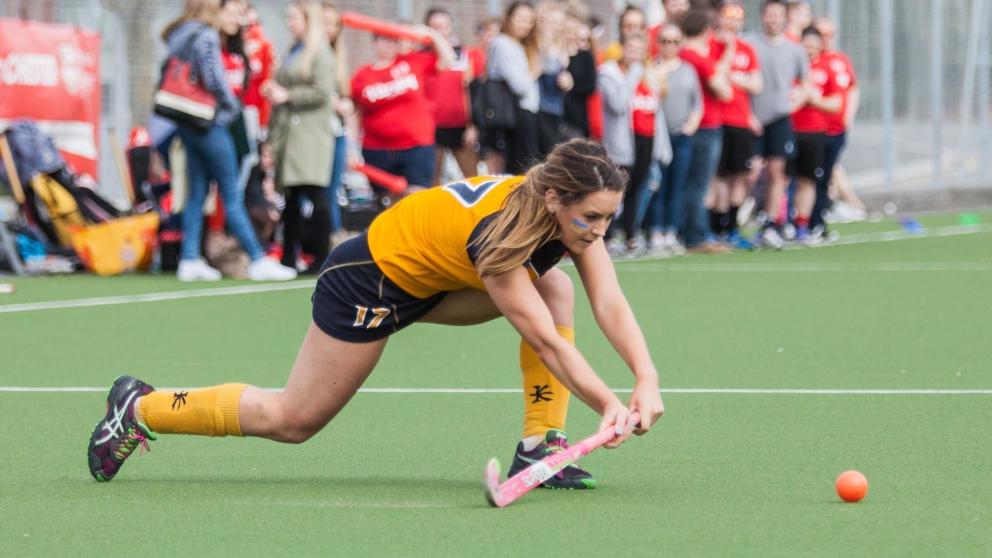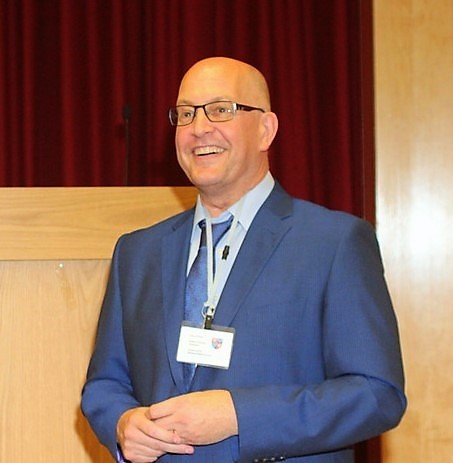New sports physiology and injury management textbook co-edited by University of Salford physiotherapy lecturer

A new textbook on sports physiology and injury management aims to provide an insight to the latest developments in athletic performance.

The book, “A comprehensive guide to sports physiology and injury management”, provides an innovative clinical and evidence-based guide, which focuses on the rationale behind diagnostic work, treatment bias and rehabilitation philosophy, challenging conventions within the literature to identify what really makes sense when applied to sports settings. Drawing upon experts in the field from across the world and various sports settings it implements critical appraisal throughout with an emphasis on providing practical solutions within sports medicine pedagogy.
Dr Stuart Porter, physiotherapy lecturer at the University of Salford and one of the book’s co-editors, adds: “The intention of this book is to produce a piece of work illustrating how some of the finest clinicians in elite and professional sport apply their craft. Every author has made a sincere attempt to provide as much practical information as possible to help the reader understand the nuances of treating injuries in high risk, high consequence sporting environments.”
Johnny Wilson, clinical director at 108 Harley Street & Nottingham Physio and the other co-editor of the new book, said: “We hope the book will provide the reader with an excellent understanding of how to manage injuries in a sporting environment, reduce the risk of future injury with cutting edge rehabilitation techniques and improve athletic performance for their athletes with innovative science-based approaches.”
Stuart continued: “We’d both like to thank the authors, volunteers, students and especially Poppy Garraway content strategist and Julie Taylor, Senior Project Manager at Elsevier Oxford for their patience and support. I’d also like to thank Paul Comfort, Paul Jones and Paul Sindall from the University of Salford who contributed to the project.”
For all press office enquiries please email communications@salford.ac.uk.
Share:
